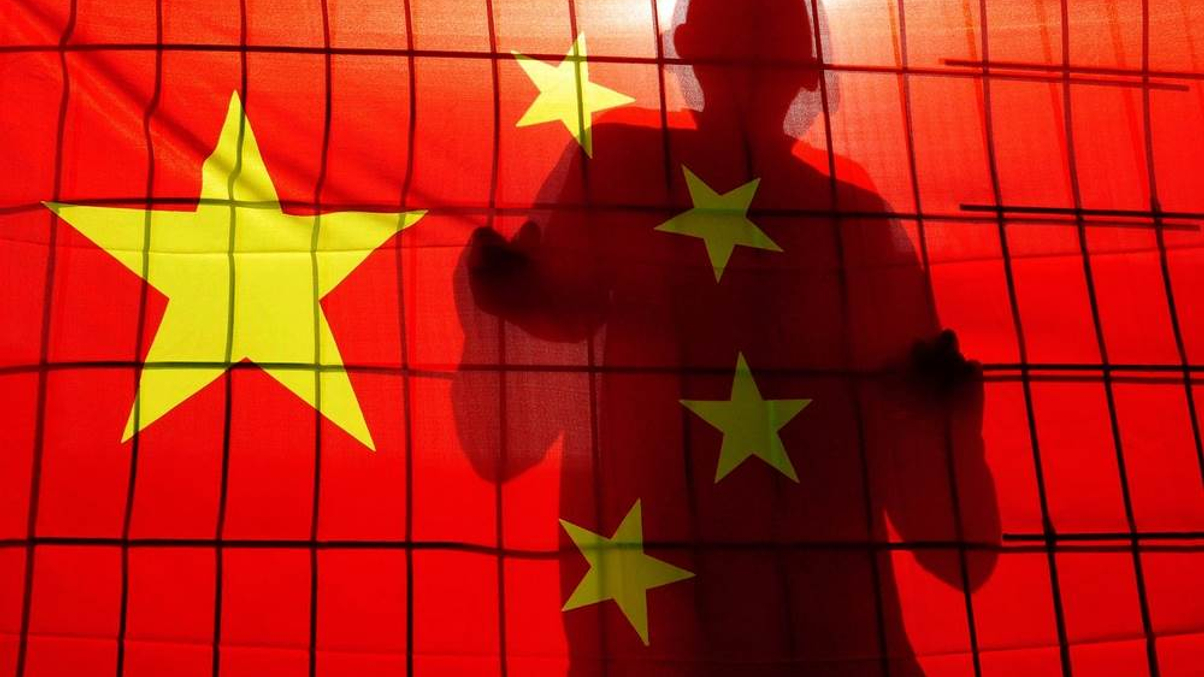The “people risk” behind Xi Jinping's eternal presidency
Xi Jinping is set to keep tightening his grip on power and get rid of political enemies. Foreign investors should be wary of the new political risks this will create in the country.

Without much fanfare, President Xi Jinping closed China’s rubber-stamp parliament on Tuesday (March 20), starting his indefinite term as China’s paramount leader in a “new era”.
Sign in to read on!
Registered users get 2 free articles in 30 days.
Subscribers have full unlimited access to AsianInvestor
Not signed up? New users get 2 free articles per month, plus a 7-day unlimited free trial.
¬ Haymarket Media Limited. All rights reserved.


